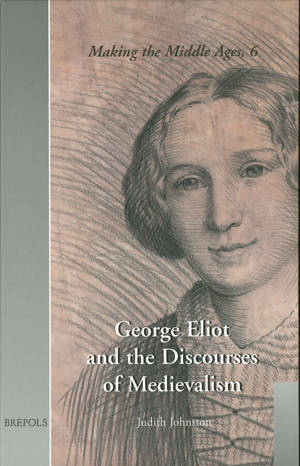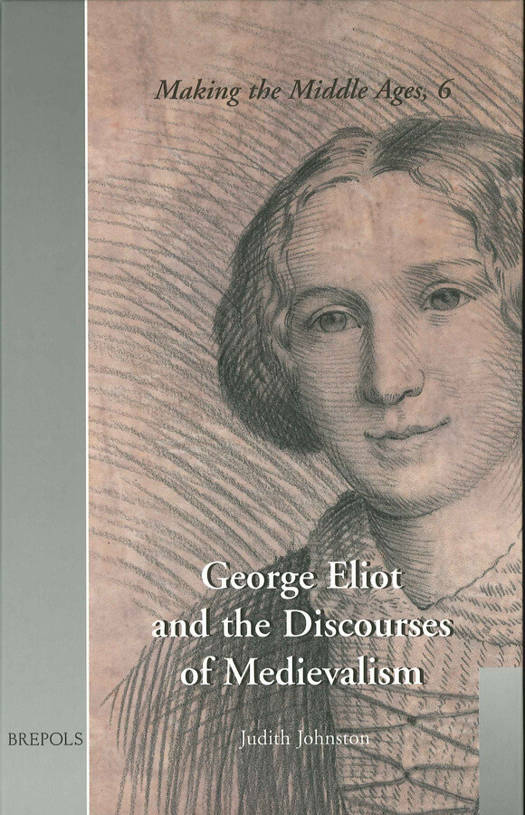
Bedankt voor het vertrouwen het afgelopen jaar! Om jou te bedanken bieden we GRATIS verzending (in België) aan op alles gedurende de hele maand januari.
- Afhalen na 1 uur in een winkel met voorraad
- In januari gratis thuislevering in België
- Ruim aanbod met 7 miljoen producten
Bedankt voor het vertrouwen het afgelopen jaar! Om jou te bedanken bieden we GRATIS verzending (in België) aan op alles gedurende de hele maand januari.
- Afhalen na 1 uur in een winkel met voorraad
- In januari gratis thuislevering in België
- Ruim aanbod met 7 miljoen producten
Zoeken
Omschrijving
In George Eliot's last two novels, Middlemarch (1871-72) and Daniel Deronda (1876), she abandons the realism she had explored and articulated so carefully, most famously in Adam Bede, 'a faithful account of men and things', for an unprecedented return to 'cloud-borne angels, [...] prophets, sibyls, and heroic warriors'. This study addresses Eliot's exploitation of Victorian medievalism by considering the way in which she utilizes the discourses of medievalism, both for their potential for subversiveness and their potential for mediation, to affirm that change is possible socially, culturally, and politically, in her modern contemporary world. The various medieval discourses are revealed as interstices within what initially appears to be a continuation of the realism of her earlier novels. They permit political and cultural readings of a different, and often unexpected, kind to the realist bourgeois values of novels like Adam Bede, and to a lesser extent, Felix Holt. These political and cultural readings reveal a more determined, more obvious feminist and socialist polemic in her two last and possibly greatest novels.
Specificaties
Betrokkenen
- Auteur(s):
- Uitgeverij:
Inhoud
- Aantal bladzijden:
- 220
- Taal:
- Engels
- Reeks:
Eigenschappen
- Productcode (EAN):
- 9782503507736
- Verschijningsdatum:
- 1/11/2005
- Uitvoering:
- Hardcover
- Formaat:
- Genaaid
- Afmetingen:
- 167 mm x 245 mm
- Gewicht:
- 612 g

Alleen bij Standaard Boekhandel
+ 63 punten op je klantenkaart van Standaard Boekhandel
Beoordelingen
We publiceren alleen reviews die voldoen aan de voorwaarden voor reviews. Bekijk onze voorwaarden voor reviews.









